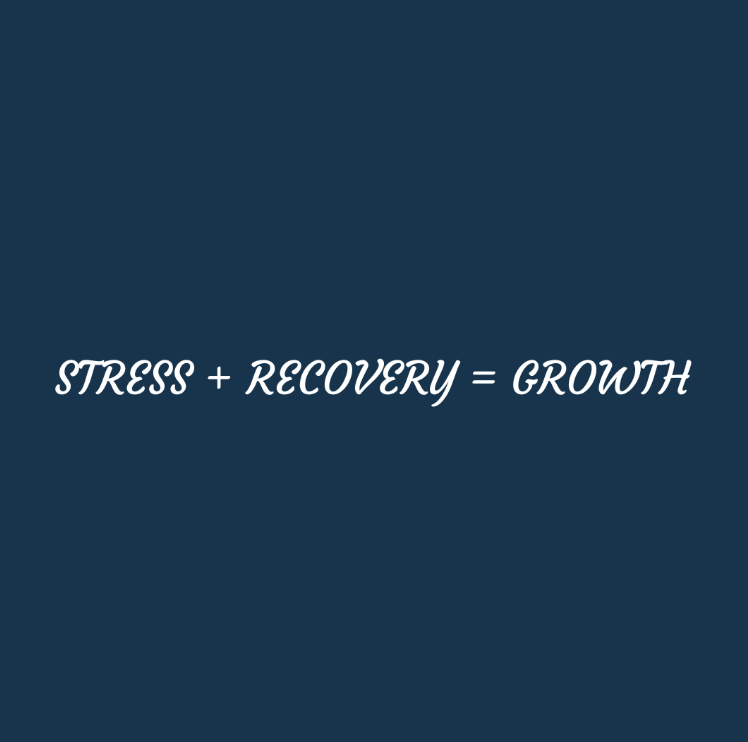Fit Feb
Welcome to 2023! January has nearly passed already. Now is the time to start your fitness journey for the year. Is there an event you want to participate in, a new challenge, or just starting back at the gym? It is time to start planning how you approach your event or return to sport. A rather lengthy training period is also often needed to stay healthy throughout your training. We frequently see patients aiming for triathlons, swimming, running and riding events. It could even be to make a health comeback! Moving safely and avoiding injury is our priority, so throughout February, we will focus on a few common conditions, including shoulder pain, knee pain, stress incontinence and foot pain. Here are a few general concepts to help minimise your chance of injury.
Stress + Recovery = Growth

Training involves stress, followed by recovery. This allows the body to grow and adapt to the demands of the activity. This process needs time. Too much training can cause injury, whilst too little training doesn’t allow your body to grow and adapt. Prioritisation of recovery will help balance out your training load.
Boom – Bust
A typical pattern leading to injury is the ‘Boom-Bust Cycle’. People start doing too much, too soon, ‘boom’ followed by an injury ‘bust’. This pattern can change by being realistic with your fitness levels and finding your sweet spot. Managing the load/stress is one of the puzzle pieces to finding your sweet spot. A few easily changeable variables include:
- Volume: The total amount of all types of exercise per week.
- Intensity: How strenuous the training is for you.
- Frequency: The number of sessions per week.
- Duration: How long each session is.
- Type: The different activities performed.
If you are interested in reading a little more about load management, click here.
Practically, if you are feeling a niggle coming on, often you are doing too much or aren’t recovering enough. Tweaking the training variables to reduce the stress on your body may help. Remember to progressively increase your exercise over time, allowing sufficient time for your body to recover.
Keep an eye out for our weekly email throughout February. It will cover several topics: shoulder, knee, stress incontinence, and foot pain. Need help getting started or advice on how to manage a niggling injury?
